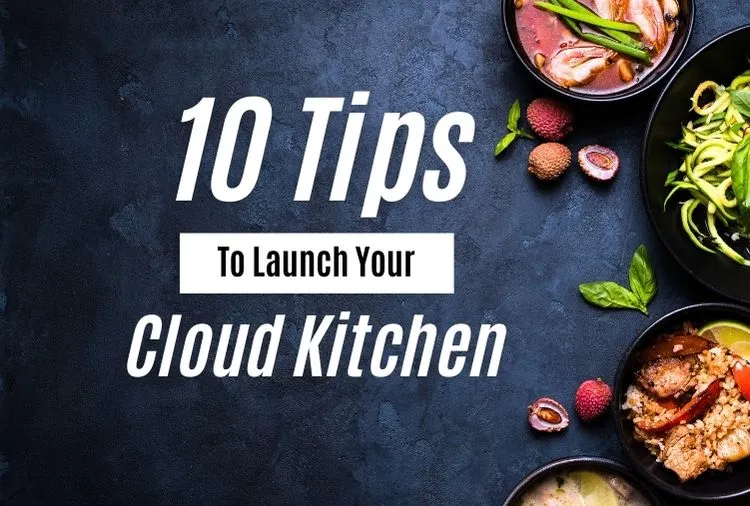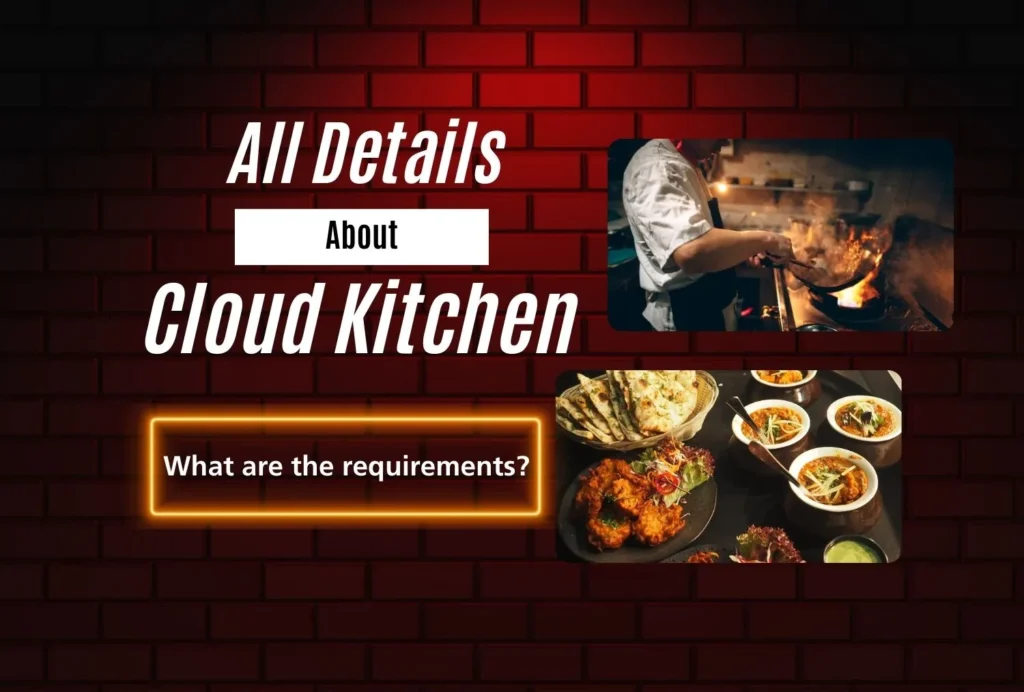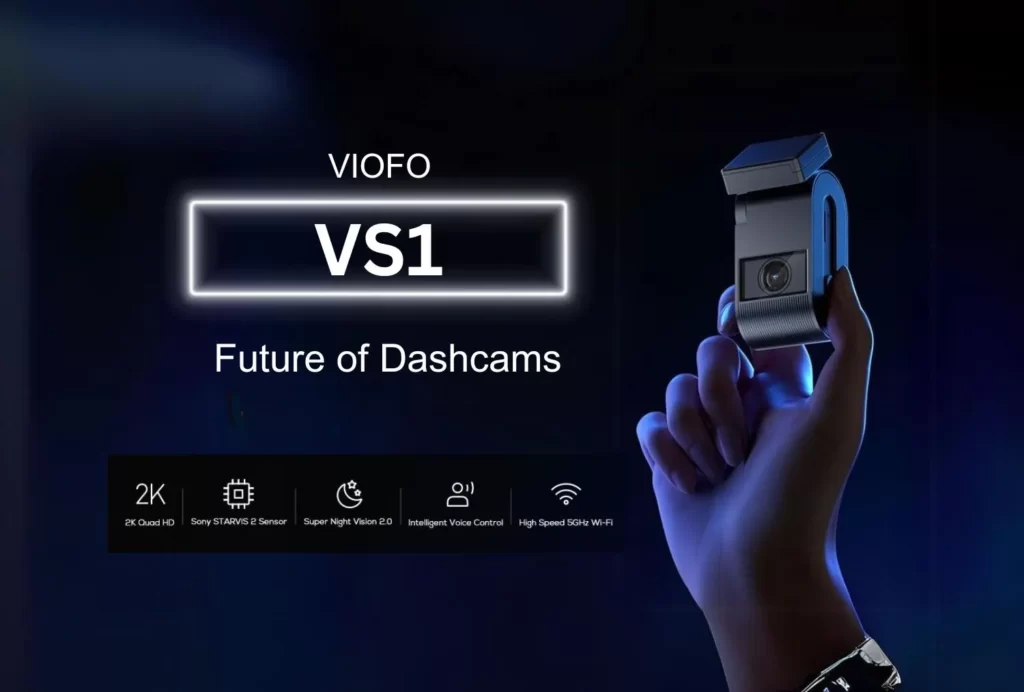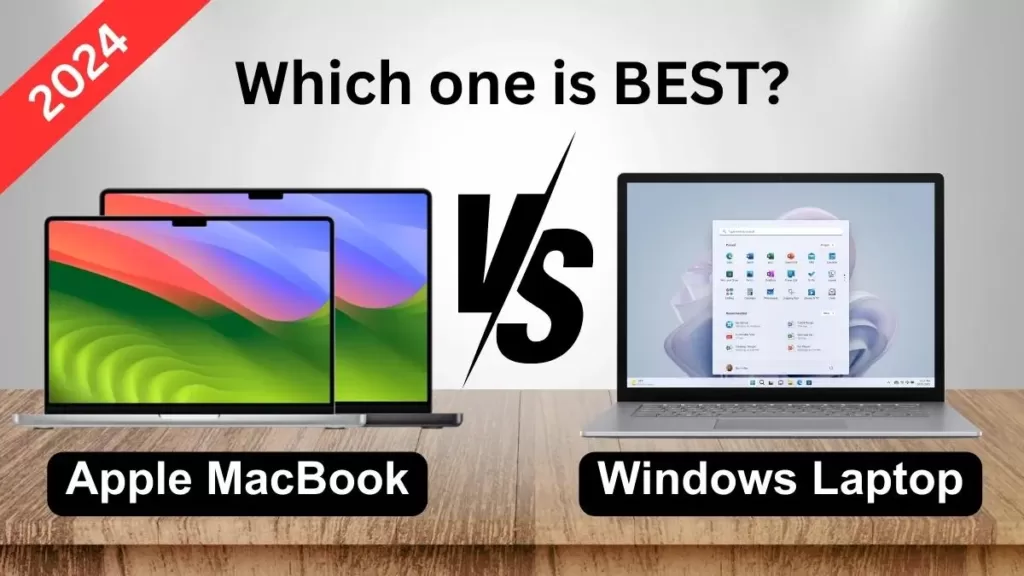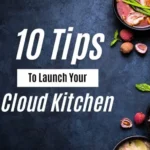How To Start Cloud Kitchen in 2024 – Without Any Experience
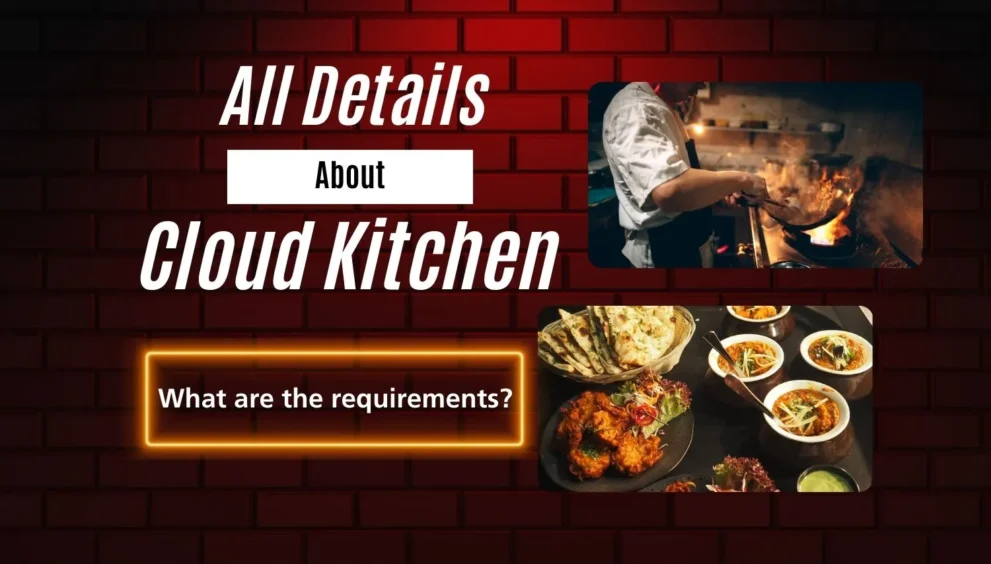
If you are someone who doesn’t know anything about the food business or you don’t have any prior experience in business, then I must say you’re at the right place. Whether you are an entrepreneur, food expert, job person, housewife, or student, running a Cloud Kitchen successfully is not that tough if you know how to launch it properly, marketing, branding, and business planning. In this article, you’ll get the beginner’s guide on how to launch your own Cloud Kitchen Brand.
Table of Contents
What is Cloud Kitchen?
Before diving into the strategies, and marketing, it’s important to know what a cloud kitchen actually is. It has no relation with the ‘Cloud’. Just like restaurants, and cafes, it’s another food business model. It has several synonyms, like – dark kitchen, ghost kitchen, online kitchen, etc. It doesn’t require any physical, crowded attractive location. A cloud kitchen is basically a physical kitchen which is a completely online-based food delivery kitchen. Doesn’t that sound weird? If there’s no proper presence in the main location, no outlet, then how will you sell?
Cloud Kitchens sells foods online. In simple words, you will just have to prepare food in your kitchen, and delivery boys will take food from your location and deliver it to the customer. You don’t need any dine-in space to serve food to the customers. You don’t need a waiter to serve food. It’s that much simple.
What do you need to start Cloud Kitchen?
The first and foremost question that comes to mind before starting is, what are the requirements to start this food business model? Like other businesses, it doesn’t need so many requirements. Even with limited basic checkpoints, you successfully start this business.
1. Location
The very first thing you need to start this food business model is location. First, you’ve to finalize the location. Without location, you can’t apply for this license. And also, without location, you can’t run your operations. Decide location based on your targeted customers, so that you can get more & more orders. Two types of locations you can have – i. Commercial Location & ii. Domestic Location.
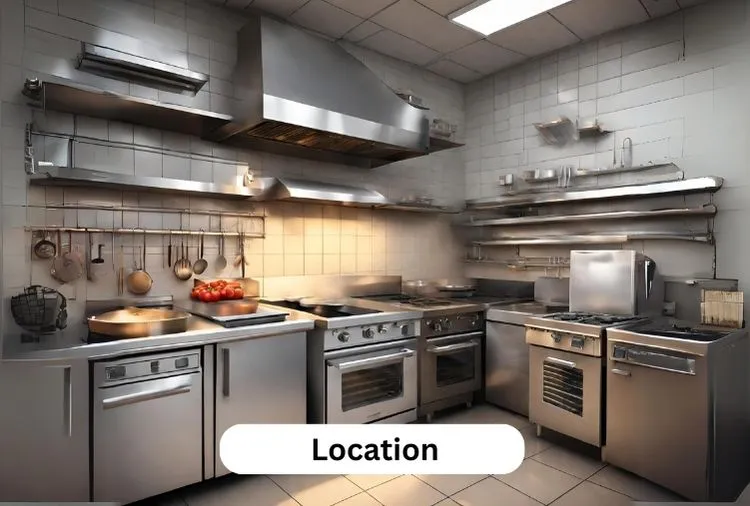
i. Commercial Location – It’s most suitable and appropriate. At the very beginning phase, 180×250 sq. ft. is an ideal carpet area. It’s the minimum required area. You can set up your kitchen away from the central area, at the backside of any apartment, on any top floor of any apartment, or on any non-crowdy street. The main focus should be on, that delivery persons can collect order parcels easily. It will not affect your brand image or sales, as people will know you through your online presence.
ii. Domestic Location – If you have a tight budget, you can consider a domestic location as an operational area of your cloud kitchen. You can start from your home initially. It will not be a challenge at the very starting phase. For the first 3-4 months, you can run your business from a domestic location. But once your sales start getting skyrocketing, you’ve to shift to a commercial location. Otherwise, there’ll be legal issues.
2. License
Before starting your Cloud Kitchen, there are some legal steps that you need to take care of. Apply for the necessary licenses. These will be your legal entry pass to run your Cloud Kitchen authentically and legally in India. These are the licenses you need to apply for –
a. Food Safety and Standards Authority of India (FSSAI) –
FSSAI is mandatory for any kind of food business in India, so for cloud kitchens. It is the Government license that ensures the food sold by you is safe for your customers and it’s not harmful to health. Its tenure period is 1-5 years. You’ve to renew it afterward, once it expires. You can easily register through the Government online portal. The registration fee is Rs 100. This license is location-based. If you add any new location, you’ve to apply for another FSSAI license. Separate FSSAI licenses should be issued for each separate location.
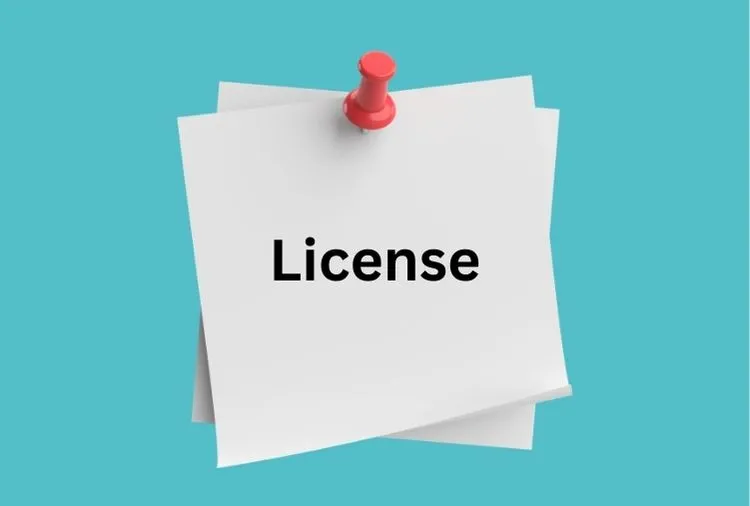
b. Goods and Service Tax (GST) –
GST is the 2nd priority when it comes to food business licensing. GST is mandatory for any kind of business in India. It is highly advisable to issue GST on behalf of your parent company name. You can apply for GST through the online portal. It’s not location-specific or brand-specific, one GST number is enough for all the brands under that registered company. And there is no registration fee for the same, it’s free. You just have to keep all the necessary documents handy to apply. Among the documents, PAN is one of them. You must have a PAN on behalf of your company.
c. Trade License –
Trade license is an important license to have while starting any kind of business. It is issued by the state government. Within 30 days of starting your business, you must have to apply for a trade license. It basically ensures that no unethical practices are being entertained in a company. You can apply for it by filling up an application in the local municipality. All the necessary documents will be required.
If you don’t want to take any headache for all these legal works, there’s a better way. You can easily go to this website & and fill up the form. Legal experts will take care of all your legal registrations & licenses. You will get your licenses within a few days. And a 20% discount will be for you. – CLICK HERE
If you’re starting Cloud Kitchen in the USA, 3 licenses are required – Business License, Food Handler’s Permit & Employee Identification Number. These are the legal paperwork that should be done while setting up your business in the United States of America.
3. Equipment
It is one of the important things to consider while starting a cloud kitchen. Initially, you can set up your kitchen with basic kitchen equipment such as an oven, refrigerator, utensils, etc.
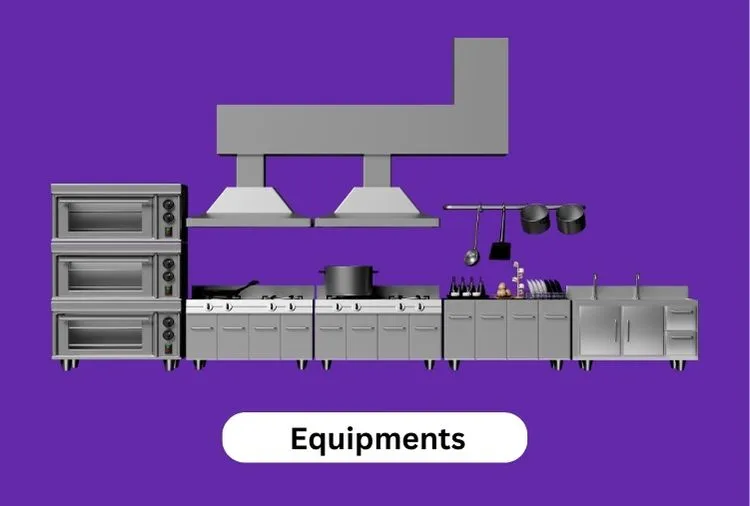
One more thing you can do, you can buy second-hand restaurant equipment or used equipment. Thus you can save a huge amount of money. Search in your city, if any restaurant owner is shutting down his/her outlet, you can contact him/her. Tell him that you are going to open your cloud kitchen and you need equipment. Buy from him. You will get those equipment at a much lower cost than the actual market price. But don’t forget to check the quality and functionality of the equipment you want to buy.
4. Partnership with Food Aggregators
Since you’re going to run an online delivery-based kitchen, partnering with food aggregators becomes very important. You may wonder what food aggregators are, as this name is very new to many people. For example, Uber Eats, Swiggy, and Zomato are food aggregators. These help in growing sales of your cloud kitchen. Moreover, these help to get more orders from your nearby targetted location.
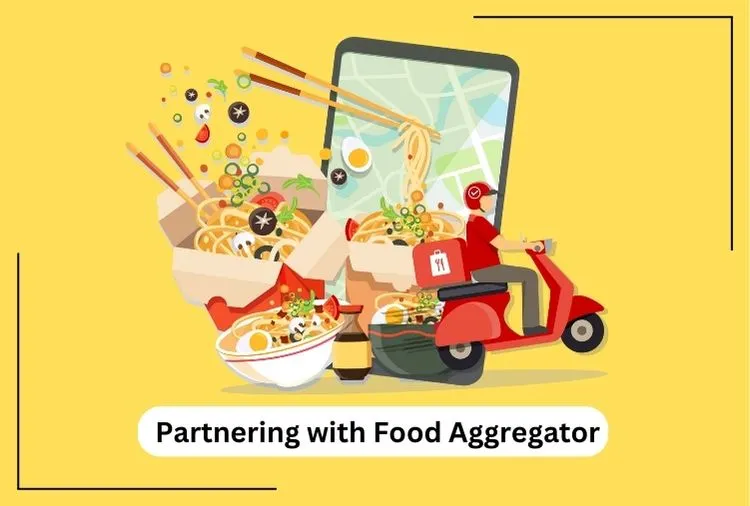
Swiggy, Zomato, Uber Eats will charge commissions for delivering food to your customers. But for the first month, they give an offer to the new cloud kitchen owners. They charge a 0% commission for the first month. There are other aggregators also, such as Grubhub, Doordash, Instacart, Delivery.com , etc. List your brand in all other aggregator platforms.
5. Staff Management
Initially, you don’t need many staff while you’re starting your cloud kitchen. You don’t need waiters, top-notch quality chefs, or manager. Don’t spend too much money on staff hiring. Members play a big role in managing the operations of your cloud kitchen. Hiring members with good nature will ensure that the operational side of your business won’t get hampered.

Just arrange 3 members for the first month. 2 will be chefs (head chef & assistant chef), who will help in cooking the dishes and the rest 1 person will be responsible for managing all the operations (preparing orders for delivery & handover to the delivery boy). 3 members are enough to run the operations of your cloud kitchen in a hassle-free way.
6. Marketing Strategies
Most of the time people make mistakes in investing more in the business setup and having almost 0 budget for marketing. Always remember ‘Marketing is the King’. 30% of your total budget should be allocated for marketing purposes.

Marketing is an important part of your cloud kitchen business. A good marketing strategy plays a crucial role in bringing more sales to your business. Don’t rely on ‘Word of mouth’, it is not in your hand, and can’t be controlled. Always in paid marketing. It brings more sales and also helps in building a BRAND. The more you interact with your potential customers, the more will be the sales.
FAQs (Frequently Asked Questions) –
- What is Cloud Kitchen?
- Cloud Kitchen is an online delivery-based food business, just without any dine-in space.
- Can I start Cloud Kitchen from home?
- Yes, you can start from home initially with a very low budget.
- Is Cloud Kitchen profitable in 2024?
- Yes, the Cloud Kitchen business is highly profitable in 2024, if the correct strategies are followed.
- What licenses are required for running Cloud Kitchen?
- In India, FSSAI, GST & Trade License are required. In the USA, Business License, Food Handler’s Permit & Employee Identification Number are required.

 English
English 